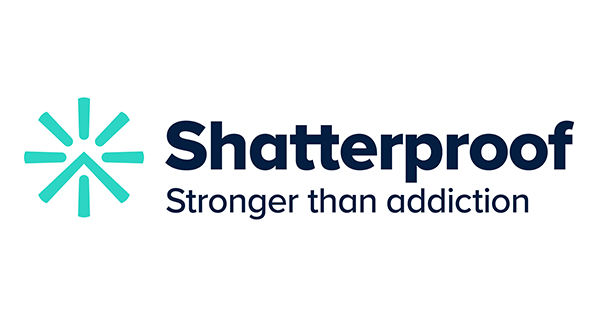Creating a Recovery-Friendly Workplace
How to Create Hope for the Millions of Working-Age Americans with Substance Use Disorders
In the professional environment, there is a steady increase in employers recognizing the need for programs to provide support for employees with or in recovery from substance use disorders (SUDs). This growing awareness is crucial as the impact of SUDs on the workforce becomes more prevalent. According to a study conducted by the Atlanta Federal Reserve Bank, approximately 27 million working-age Americans now struggle with a substance use disorder (SUD), representing a significant 23% increase compared to pre-pandemic levels. When the COVID-19 pandemic struck, it escalated the drug crisis due to a lack of resources in marginalized communities, uncertainty surrounding the healthcare system, social isolation, and economic hardships, all of which can be directly linked to the rise in SUDs. These figures underscore the urgent need for comprehensive SUD programs within workplaces. The rising presence of SUDs not only affects the health and well-being of employees but also has profound implications for productivity, safety, absenteeism, and overall organizational culture within workplaces. Therefore, addressing these challenges requires more than just providing resources; it necessitates creating an environment where employees can feel safe and supported in seeking help.
Unfortunately, the stigma associated with SUDs in the workplace and society creates a significant barrier for those in need of support. This stigma can prevent employees from seeking treatment, ultimately hindering the process of recovery. Fear of judgment, discrimination, and potential repercussions such as job loss or career stagnation often deter individuals from sharing their struggles. To effectively combat this stigma, it is essential for employers to create a culture of acceptance and support for their employees and encourage comprehension and compassion.
The U.S. Department of Labor defines a recovery-ready workplace as one that broadens employment opportunities for individuals in or seeking recovery, offers reasonable accommodations and protections, educates all organizational levels about recovery, and ensures that both current and prospective employees are aware of these initiatives.
There are ways in which your workplace can become recovery-ready:
1. Recognize that addiction is a mental health disorder.
Addiction, or substance use disorder, is a chronic brain disorder. It’s important to understand it’s a mental health issue that must be taken seriously. Much like life-long physical health conditions such as diabetes, a person with an addiction must manage their condition for the rest of their life, even when they stop using. While substance use can have many underlying causes – genetics, exposure, trauma, etc. – some people who struggle with addiction may also have underlying mental health issues, such as depression, anxiety or bipolar disorder.
2. Encourage supportive conversations.
It is important to ensure employees feel supported and that begins with empathy and a willingness to listen. For many, it can be intimidating to disclose their struggles – especially in the workplace. Although a SUD is classified as a protected group (with some restrictions) under the Americans with Disabilities Act, some employees may feel their performance is being questioned or they’re being overlooked for promotions. Integrating sensitivity and an understanding of addiction into your company culture can help employees feel empowered to seek help.
3. Provide training and education.
To better support the mental well-being of your employees, include substance use awareness and education as part of your communications, trainings and resources on mental health. Regular training and education for all staff members are crucial in dispelling myths and promoting a more compassionate understanding of SUDs. Leadership must take an active role in these efforts, visibly supporting mental health initiatives and setting a positive example for the rest of the organization. In addition to these programs, workplaces must foster an environment where mental health and substance use issues are openly discussed and destigmatized.
4. Initiate recovery-friendly benefits and resources.
Taking action through recovery-friendly benefits and programs can help support your organization’s commitment to dismantling negative attitudes around addiction. Some benefits to consider include flexible scheduling, short- and long-term disability insurance offerings, and mental health resources.
Untreated addiction can result in 500 million lost workdays and contribute to $740 billion in total costs nationally each year.
Workplaces are uniquely positioned to support the recovery of their employees because it’s where they spend most of their time and there is a strong business case for companies.
Kirsten Suto Seckler of Shatterproof; Stephen Massey of the Health Action Alliance; Jake Gurock of Cerity Partners; and Amanta Mazumdar of Hilton will present “Shattering Stigma: Finding Hope in the Workplace for the Nearly 49 Million People with Substance Use Disorders” this Sunday, June 23 at the SHRM24 Annual Conference – the world’s largest HR convention.
Each of them has made significant contributions to reducing the stigma around SUDs and have successfully transformed their workplaces to be more inclusive, positive and supportive for employees with SUDs. During the session, they will outline how workplaces can transform to be recovery friendly and inclusive. Additionally, they will discuss the active leadership role companies can play in overcoming stigma so they can be instruments of hope for employees and families who need it most, supporting recovery and saving lives.
Register and learn more.

